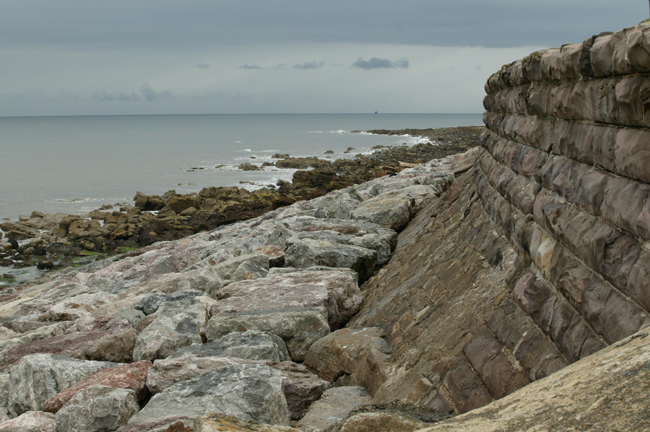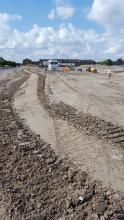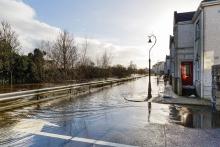
Amid recent warnings that Britain faces an unprecedented threat from flooding and coastal erosion,
The Environment Agency (EA) has revealed plans to give communities more control over how they prepare for and respond to the escalating threat of flooding and coastal erosion posed by climate change.
This includes providing better access to traditional defences and sustainable drainage systems, alongside designing and adapting existing properties and new developments so they can recover quickly from a flood.
Richard Allen, specialist aggregates sales manager at Aggregate Industries, said: “We welcome the EA’s plans to develop consistent standards for flood and coastal resilience across the country. However, it is vital that local authorities take pre-emptive action now and begin reviewing their flood defence strategies to understand how to best to tackle the growing risks from climate change.
“In addition, collaborative working between local government, contractors and even housing developers on the design and retrofit of properties will also be essential in protecting British homes, businesses and infrastructure against the devastating impact of more frequent, intense flooding and sea level rise.
“With the EA estimating that an average of £1bn will need to be invested each year in traditional flood and coastal defences and natural flood management, a joined up approach may prove more cost-effective in the long run – after all, it’s far cheaper to prevent flood damages than rectify them.”
Core to this approach is leveraging the latest construction materials solutions available to aid coastal and flood defence measures – such as the appropriate use of aggregates. This includes natural rock such as rock armour, rip-rap and gabion which are widely specified by the Environment Agency and consulting engineers for river revetment and diversion contracts.
Allen added: “In such situations, natural rock is more harmonious with the environment than steel piling and longer lasting than timber as it forms an effective interlock between blocks and can be achieved on either a coursed or random joint pattern. Key to the success of any flood defence strategy is to ensure that the right specification and size of rock is used and more importantly, available before, during and after any extreme weather events.”
Aggregate Industries’ market-leading flood and fluvial services include an extensive range of water management products suitable for flood resilience, prevention, alleviation and defence in emergency rapid response situations. It offers nationwide coverage, including through its new joint venture business SeaRock, which delivers directly from the Glensanda quarry to the coast by sea.








